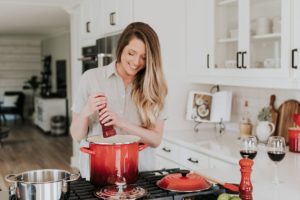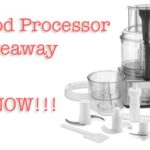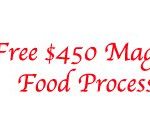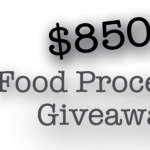When it comes to anxiety, there are so many triggers to manage. Some people need to avoid particular places or people to ensure they won’t have an anxiety attack. However, some studies have found that certain foods may cause anxiety. There are hormones that create anxiety and anxiety attacks, and some foods can regulate those hormones.
Foods to Avoid When You Have Anxiety

Another important thing to keep in mind is your diet won’t cure everything. If you have an anxiety disorder, you will likely need counseling, and possibly even medication. Diet can only alleviate a percentage of your anxiety symptoms. So, if you are struggling with anxiety on a regular basis, do seek help from a counselor or doctor. But, if you would like to have a higher quality of life on an everyday basis, avoiding the foods in this article can help.
Alcohol
According to an article by Healthline, alcohol can change how much serotonin your brain produces. Because a lack of serotonin is a contributing factor to anxiety, alcohol is linked to causing anxiety. Alcohol is also a depressant, so it can make you both anxious and depressed for some time.
Now, this doesn’t mean you need to eliminate all alcohol from your life. According to the same Healthline article, it’s best to stick to just two drinks at the most. Also, try to drink only on occasion, rather than drink every day. A good rule of thumb when trying to eliminate alcohol-induced anxiety is to only drink on the weekends. This way, you can be more clear-headed throughout the workweek.
Added Sugar

Your body can experience blood sugar spikes and crashes when you consume too much sugar at once. This is the “hangry” feeling that many people experience. These spikes and crashes can put your body in a type of survival mode where it works incredibly hard. This stress can be enough to give you anxiety. Even people who don’t have anxiety may feel anxious when their blood sugar drops.
Artificial Sweeteners
According to an article by WebMD, the common artificial sweetener, aspartame, may cause anxiety and depression. The artificial sweetener is a chemical, and although it is FDA approved, it may have some negative side effects. It may cause anxiety for the same reason as sugar. The truth is, there isn’t a lot of research about why it causes anxiety, but some people do see an increase in anxiety when they consume great amounts of it.
Caffeine
Coffee and energy drinks may contribute to your anxiety levels. Because it’s a stimulant, it can heighten your anxiety. In one study, participants who consumed just 300 milligrams of caffeine were twice as stressed as participants who had not. Because an eight ounce cup of drip coffee has about 100 milligrams of caffeine, most Americans well exceed 300 milligrams of caffeine. So, for an anxious person, caffeine consumption can be what pushes you over the edge into an anxiety attack.
Rather than having a few cups of coffee each day, try limiting yourself to one cup. If you need another drink, turn to green tea or a half-caf blend. You should also eat while you drink coffee, as this can help your blood sugar be more stable.
Simple Carbohydrates
According to the Mayo Clinic, simple carbs should be avoided. Instead, you should try to eat whole foods that aren’t processed. Complex carbohydrates can help stabilize your blood sugar and may increase the levels of serotonin you produce.
Avoiding Particular Foods

If you find that you struggle with binge eating, do see a therapist that specializes in eating disorders. Binge eating disorder, or any eating disorder for that matter, can become very dangerous and harmful to your body. So, when cutting out foods to minimize anxiety, do keep a watch for disorderly eating tendencies. If you do see unhealthy behaviors in yourself, get help from a professional immediately.
Interested in eating more healthy for life?
Listen to our friends over at Wellness Force Radio to learn about the “5 Must Have Nutrition Fundamentals”








 Natural Ways to Boost Your Mental Health
Natural Ways to Boost Your Mental Health